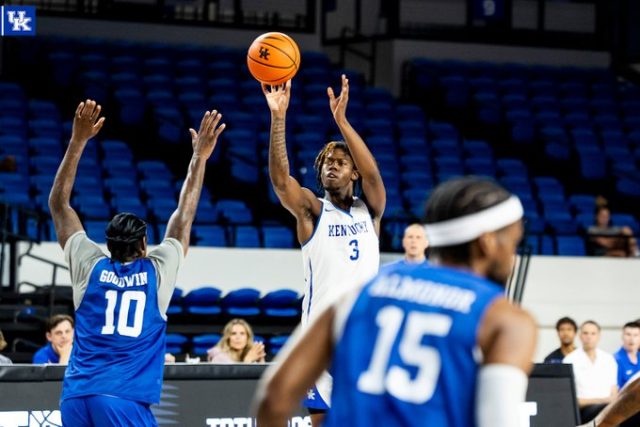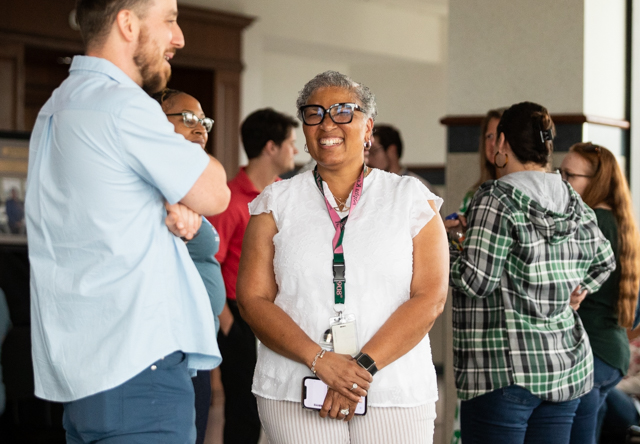WKU president plans to prioritize raises
Published 8:45 am Friday, October 20, 2017
After putting salary increases on hold and calling for only vital job vacancies to be filled, Western Kentucky University President Timothy Caboni took questions from faculty members Thursday at a meeting of WKU’s University Senate.
“A lot of us in this room have been here now for more than a decade with absolutely no substantial increase in what we get paid to do, and at the same time most of us have been asked to do more and more,” journalism professor Mac McKerral said at the meeting.
Trending
Going forward, McKerral said performance expectations of faculty will continue to rise.
“So I guess my question to you is, and I’ll just ask it from my personal standpoint, what is my incentive to perform at a high level?” McKerral asked.
In response, Caboni said he wants to prioritize a 4 percent salary increase. However, it also requires facing up to a revenue shortfall to the tune of $15 million.
“We can get to a 4 percent increase,” he said, adding it would come at a cost. “It means that $15 million hole becomes a $20 million hole and we shift resources and we reinvest it in our people.”
During a presentation, Caboni elaborated on a campuswide email he sent Monday calling for a freeze or hold on salary increases for the “foreseeable future.” He also called for a review committee that would only approve “those positions that meet critical needs, meet strict standards for strategic needs, result in cost savings or efficiencies or are deemed to fulfill essential services.”
Caboni said WKU won’t be able to depend on leftover money year after year to balance the coming year’s budget.
Trending
Additionally, Caboni predicted that WKU’s enrollment will remain flat when official numbers are released next week, but he stressed that the student body’s composition matters more.
“The mix or makeup of that student population has shifted during the past several years,” he said. “We have to be honest with ourselves that those shifts within that 20,000 have revenue implications. If you enroll twice as many (high school) dual credit students and you offset that with full-time, fully enrolled students that has revenue implications. If your international enrollment has gone from 1,100 down to something much less than that, that has revenue implications.”
As a result, Caboni has called for a universitywide strategic planning process and tasked WKU’s Budget Council with updating the budget model.
Responding to a question about department funding, Caboni discussed the different types of budget models WKU could use – whether that means basing department funding on how many students they recruit or a more nuanced system that also accounts for chronically low-revenue departments.
When Caboni was asked about transparency in WKU’s pricing, he said the university has to be more upfront about the true cost of attending WKU. That includes better helping families understand where to find grants, loans, work study and other kinds of financial aid. That also means growing available financial aid for less-fortunate students, he said.
While the university will continue offering aid to exceptional students, Caboni said, “We can grow the aid in a different place that really addresses some of that middle of the curve need.”
Overall, WKU needs to better help students in need pay for a four-year experience, he said.
“What I want and what we all want … is that young person to graduate,” he said.







